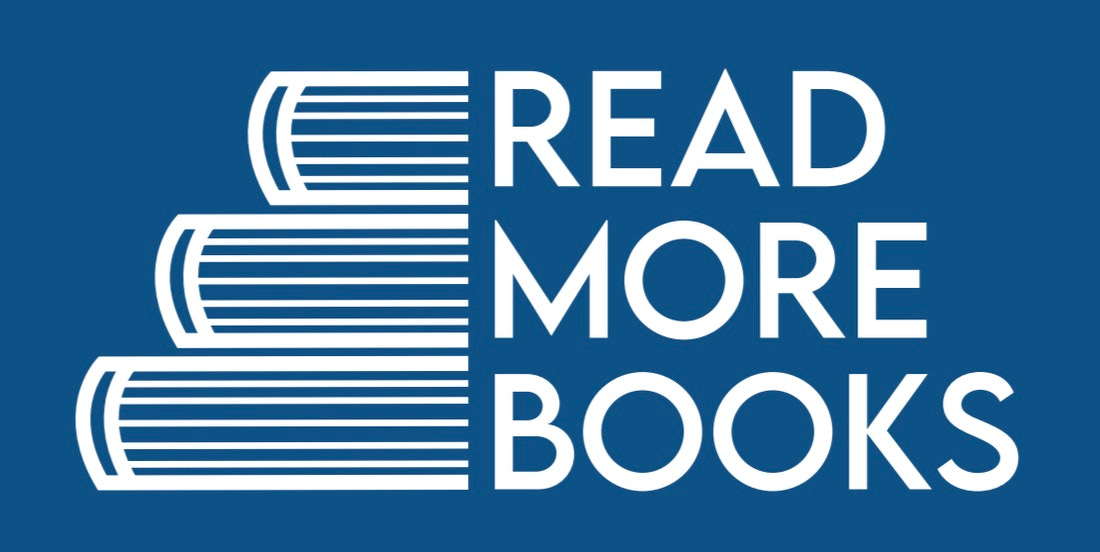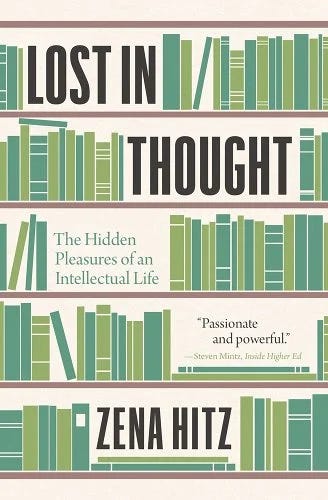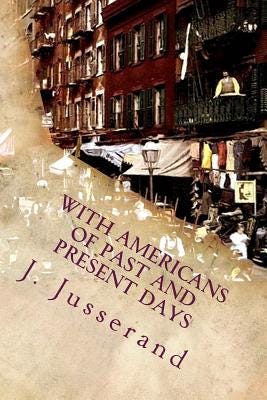What to Read Next: The Joy of Intellectual Pursuits
Issue #298: featuring "Lost in Thought" and the very first Pulitzer winner for history
Happy Friday, readers!
There are a lot of reasons people read books: for entertainment, escape, education, enlightenment . . . and plenty more that don’t start with e. Most of us read for a variety of reasons, but tend to home in on one or two.
One of the primary reasons I read is for intellectual nourishment — I relish learning new things. Ever since college, I’ve been drawn to books — no matter the genre — that ask big questions and explore big ideas.
I read a lot of political history between 2016 and 2021, then mostly took a break from intellectual books for the last couple of years. After consuming a lot of contemporary fiction that read easily but often left me disappointed, I embarked on the Pulitzer Project this summer. The individual books have been great, but more than that, I’ve enjoyed the broader intellectual endeavor — engaging with older books, thinking about what those books meant to our society at that time (and now), and encountering perspectives I hadn’t thought of. Re-activating the intellectual part of my brain for pleasure alone has been more satisfying than I expected.
In today’s newsletter I’m reviewing a book that delightfully affirmed this cerebral desire, as well as the very first winner of the Pulitzer Prize for History.
Let’s jump in!
Pulitzer Update
I should finish Bruce Catton’s Glory Road over the weekend; then I’ll get right into the third book in the trilogy, A Stillness at Appomattox. Catton is utterly brilliant when zooming out and analyzing the Civil War (and its unpredictable leadership) as a whole.
Lost in Thought: The Hidden Pleasures of an Intellectual Life by Zena Hitz
“The idea that real and serous learning is something practiced only by a small elite is stubborn and hard to displace.”
Published: 2020 | Pages: 205 | Genre: Non-Fiction (Philosophy)
After their formal schooling is complete, a lot of people say goodbye to intellectual explorations. What’s the point, after all, if you don’t need the passing grade anymore? What we’ve forgotten is that there’s real joy and fulfillment to be found in exercising our brains. But it’s hard — there’s no way around that. After a long day of work, the path of least resistance inevitably includes a screen.
As Zena Hitz argues in this delightful book, after the initial resistance you’ll undoubtedly feel, it’s possible to recapture the pleasures to be found in giving time to “useless” intellectual diversions.
Beyond exploring the joy to be found in deep learning, Hitz prompts readers to examine the purpose and ultimate ends of our capitalist culture which places work at the forefront of our lives. One section, in particular, is worth quoting at length:
“If I work for the sake of money, spend money on basic necessities for life, and organize my life around working, then my life is a pointless spiral of work for the sake of work. It is like buying ice cream, immediately selling it for cash, and then spending the proceeds on ice cream (which one once again sells, … and so on). It is no less tragic than working for money and getting crushed by a falling anvil on the way to cash the paycheck. Activities are not worthwhile unless they culminate in something satisfying.
For that reason, Aristotle argued that there must be something beyond work—the use of leisure, for the sake of which we work and without which our work is in vain. Leisure is not merely recreation, which we might undertake for the sake of work—to relax or rest before beginning to labor anew. Rather, leisure is an inward space whose use could count as the culmination of all our endeavors. For Aristotle, only contemplation—the activity of seeing and understanding and savoring the world as it is—could be the ultimately satisfying use of leisure.”
There’s obviously a great amount of privilege in even being able to scrutizine the uses of leisure time, but once that’s acknowledged, the reality is that these ideas are extremely pertinent to myself and most readers of this newsletter.
Though I’m not yet sure if I agree with all of Hitz’s conclusions, she brought up some fundamental questions about the purpose and uses of time — which are among the most important questions we can contemplate.
Ultimately, she affirmed what I’ve been feeling in the first handful of weeks of this Pulitzer Project: putting your brain to use brings emotional and mental satisfaction in the same way that physical exercise does for the body.
With Americans of Past and Present Days by Jean Jules Jusserand
“One must wait longer when planting an oak than when planting a flower.”
Published: 1916 | Pages: 150 | Genre: Non-Fiction (History)
This was a fascinating little book. As France’s ambassador to the United States, Jusserand was in an interesting position in 1916 when he wrote the essays contained in With Americans of Past and Present Days. Europe had been mired in World War I for a couple of years, but the U.S. had stayed out of it. Jusserand smartly thought it would be a good idea to remind Americans of the “special relationship” enjoyed by France and the United States.
An essay on Rochambeau (commander of French troops during the American Revolution) highlighted the key role that France played in America’s revolutionary victory; essays on George Washington and the creation of Washington, D.C. (largely designed by a French architect) got into how closely our nations worked together in America’s early years; a fawning exploration of Lincoln showed how much France appreciates the great figures of American history.
Over the course of a couple hundred pages, Jusserand slyly and indirectly makes the case for America to join the cause and help out France in the war. In April 1917, we finally did — and a few months later, Jusserand won the very first Pulitzer Prize for History.
I was surprised at how readable this collection was; it was grandiose and overly flattering, but always prettty interesting. The essays on Rochambeau and Washington, D.C. were especially worthwhile. I can’t say I recommend this to average readers, but for folks with a keen interest in WWI and/or French history, it’s certainly a valuable read.
That’s all for me this week. Thanks so much for the time and inbox space — I deeply appreciate it.
-Jeremy





I just found my long lost boxed set of Bruce Catton. I remember reading and enjoying the books immensely during a summer when my dad got me a job cleaning corporate airplanes. Since the aircraft were mostly in use, there was a lot of time for reading!
The other books sound fascinating. I long have wondered why so many seem to have consigned reading to the same cultural space as symphonies, operas, and the like. Thanks for the recommendations.
I've ordered the Zena Hitz book! Can't wait to check it out.